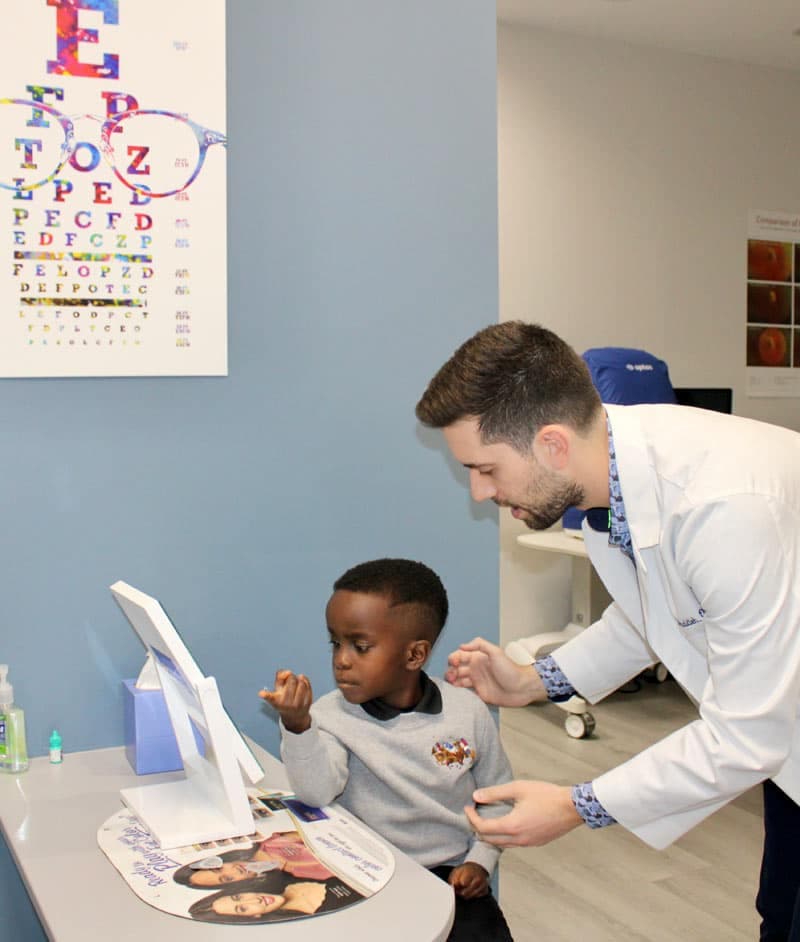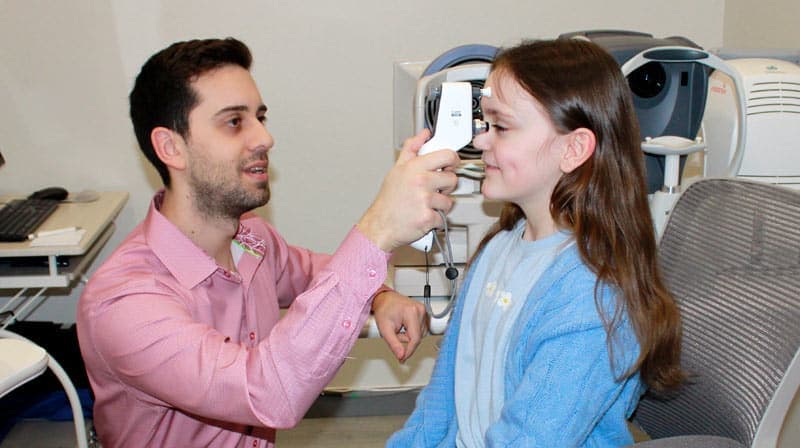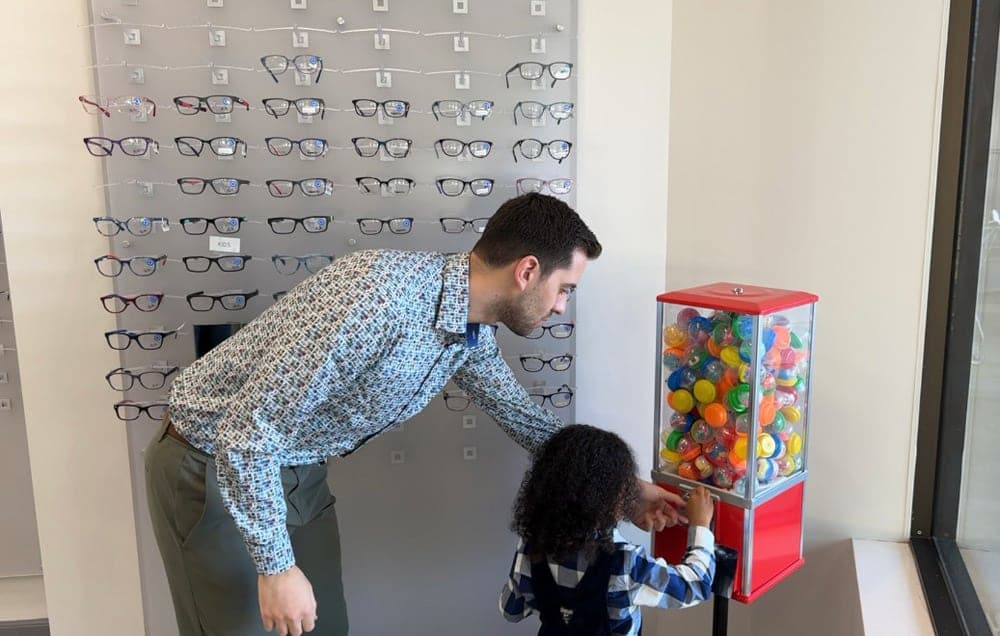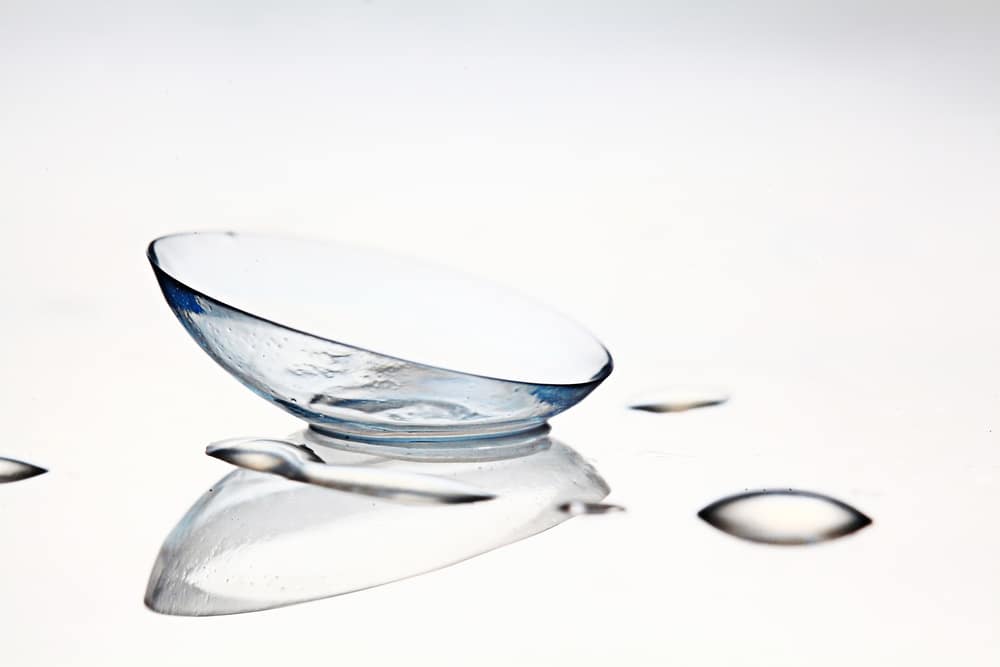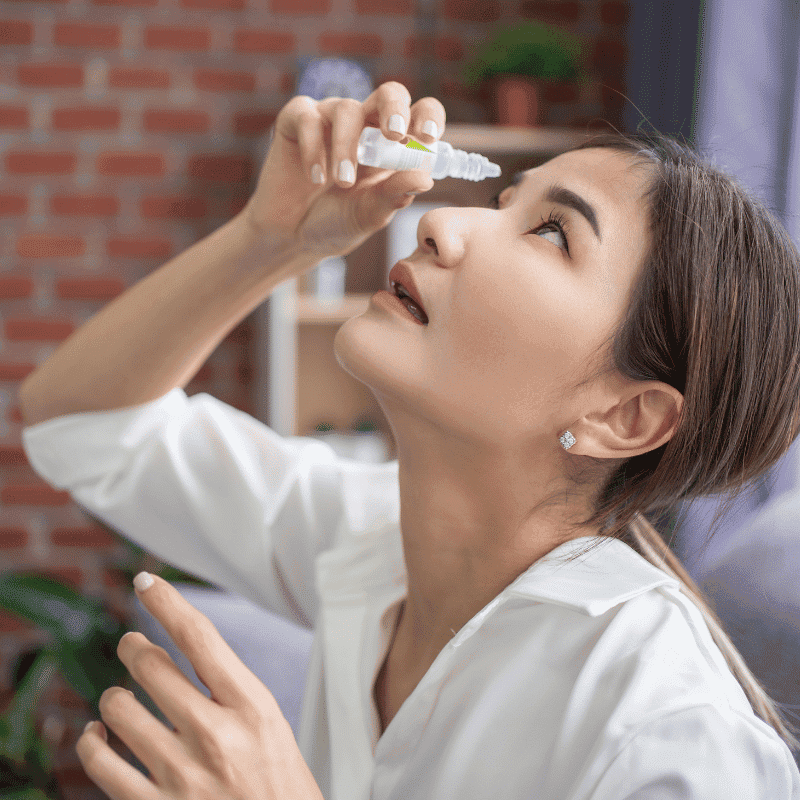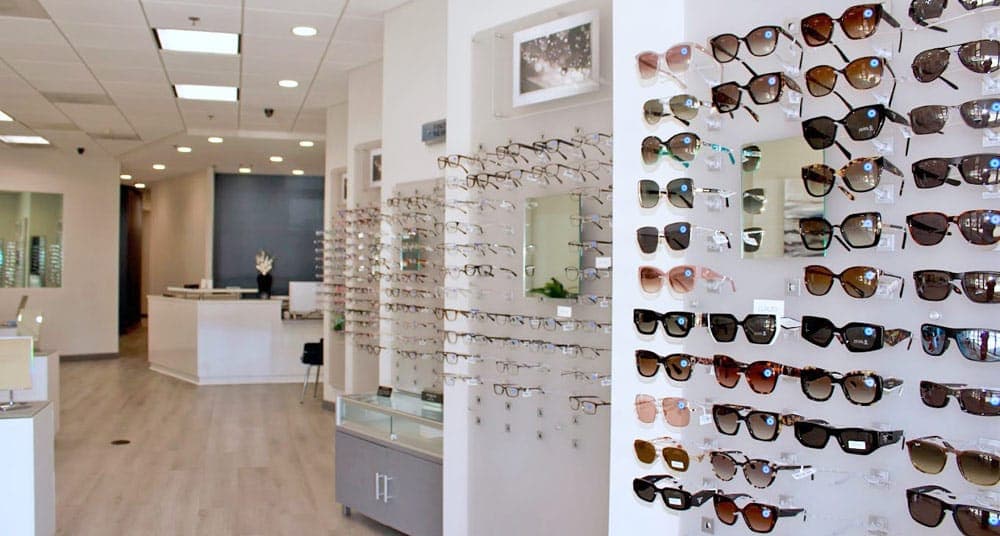Contents
- The Growing Concern About Myopia
- The Importance of Early Intervention In Myopia Control
- Myopia Control: How It Works
- Orthokeratology (Ortho-K): Nighttime Myopia Control
- Multifocal Contact Lenses: Daytime Myopia Control
- Atropine: Prescription Eye Drops
- Choosing The Right Myopia Control Treatment For Your Child
- Conclusion
Introduction
Imagine a future where your child’s vision doesn’t get progressively worse year after year. In Herndon,VA, more families are discovering advanced myopia control options that can slow or even stop the rapid progression of nearsightedness. At Beyond Eyecare, we’re not just treating vision today—we’re investing in the future of your child’s eye health. With cutting-edge treatments and a commitment to personalized care, we’re helping to reshape what’s possible for managing myopia. Curious how we’re changing the outlook on nearsightedness in our community? Let’s dive into the exciting world of myopia control.
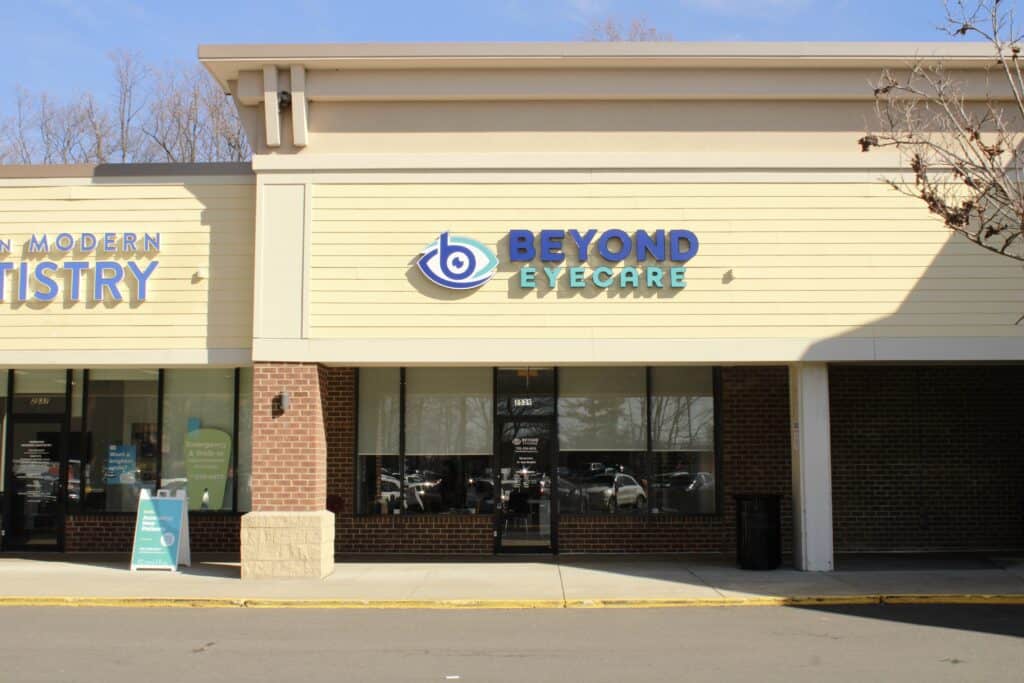
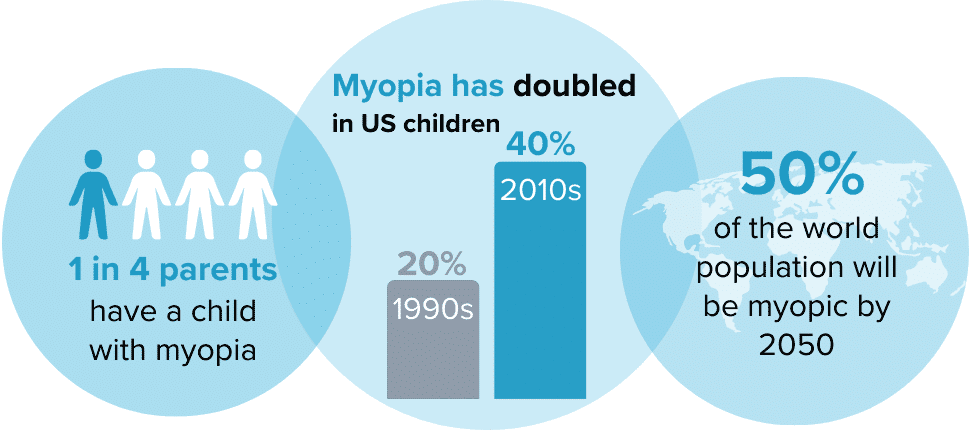
The Growing Concern About Myopia
Myopia occurs when the eye grows too long, causing light to focus in front of the retina rather than directly on it, leading to blurred distance vision. Over the past few decades, myopia has been on the rise worldwide, and Herndon, VA is no exception. Studies show that over 50% of the world will be myopic by the year 2050. Left untreated, myopia can lead to more severe vision problems in the future, where risk increases as myopia progresses. This is why controlling myopia early and effectively is so critical.
The Importance Of Early Intervention In Myopia Control
When it comes to myopia, time is of the essence. The earlier myopia is detected and managed, the more effective treatments are at slowing down its progression. It’s crucial for parents to seek myopia control treatments as soon as possible. Since children’s eyes are still developing, unchecked myopia can quickly worsen. This increases the risk of severe vision problems later in life, such as:
- Glaucoma
- Cataracts
- Retinal detachment
- Macular degeneration
- Permanent vision loss
At Beyond Eyecare, we recommend routine eye exams for children to detect any early signs of myopia. By intervening at the first indication of myopia progression, we can start treatments that correct vision and reduce the chances of significant vision issues in the future. Our team is dedicated to partnering with parents to monitor changes in their child’s eyesight and provide proactive, customized solutions that safeguard their long-term eye health.
Myopia Control: How It Works
Fortunately, advancements in optometry now offer solutions that can slow down the progression of myopia in children. It is important to note that myopia control is not provided by all eye care professionals. It takes a myopia specialist with the knowledge, skill, and technology to properly manage the disease long-term. At Beyond Eyecare, we provide a range of evidence-based treatments tailored to your child’s unique needs. These treatments don’t just correct vision—they help preserve long-term eye health by addressing the root causes of myopia. In this blog, we will discuss different myopia treatments that your eye doctor may recommend for your child.
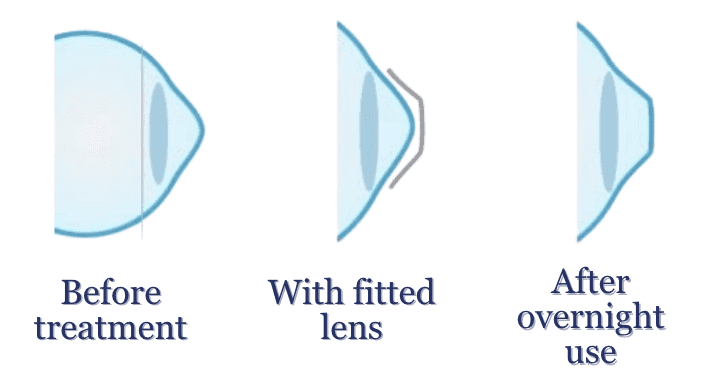
Orthokeratology (Ortho-K): Nighttime Myopia Control
One of the most innovative and effective treatments for myopia control is orthokeratology (Ortho-K). This treatment involves your child wearing specially designed gas-permeable contact lenses overnight, which gently reshape the cornea while they sleep. When the lenses are removed in the morning, your child can experience clear vision throughout the day without the need for glasses or contacts!
What makes Ortho-K especially appealing is its convenience and effectiveness. It provides children and teenagers the freedom to engage in sports, outdoor activities, and everyday life without the need for glasses or daytime contact lenses. But Ortho-K does more than just correct vision—it also helps slow the progression of myopia, making it a game-changer for long-term eye health.
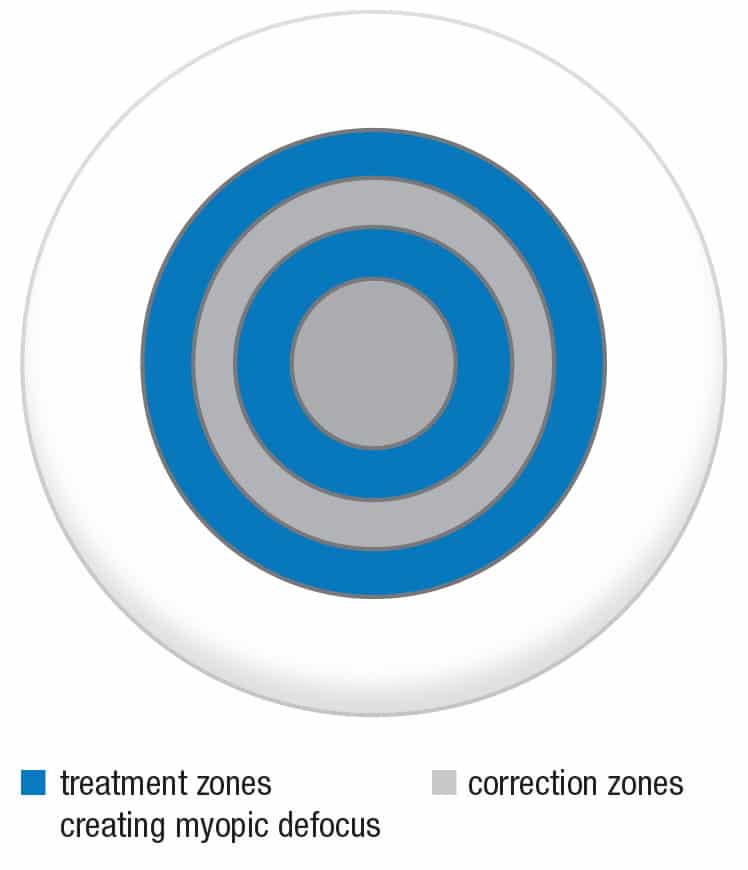
Multifocal Contact Lenses: Daytime Myopia Control
Multifocal soft lenses are worn just like regular contact lenses and offer an effective and comfortable solution for managing myopia. Unlike traditional contact lenses, multifocal lenses are designed with different zones of focus, allowing the eyes to see clearly at various distances while simultaneously slowing the progression of myopia.
By slightly altering how light enters the eye, they help reduce the strain on the eye’s focusing system, which is one of the key contributors to myopia progression. The lens design ensures that peripheral defocus is managed, which helps slow down the eye’s elongation—a major cause of worsening nearsightedness.
Atropine: Prescription Eye Drops
Low-dose atropine prescription eye drops are a highly effective solution for slowing down myopia progression. Administered once daily, usually before bed, these eye drops have been proven in multiple studies to significantly reduce the rate at which a child’s nearsightedness worsens. At Beyond Eyecare, we closely monitor each patient’s response to atropine to ensure the treatment remains both safe and effective, and we adjust dosages if necessary to optimize results.
Low-dose atropine is also an excellent complement to other myopia control methods. It can be used alongside orthokeratology or multifocal contact lenses, providing a combined approach that maximizes the impact of treatment. By targeting myopia progression from multiple angles, we’re able to offer tailored treatment plans that suit each child’s unique needs and lifestyle. Whether used alone or in combination, low-dose atropine offers an accessible and reliable way to protect your child’s eyesight for the future.
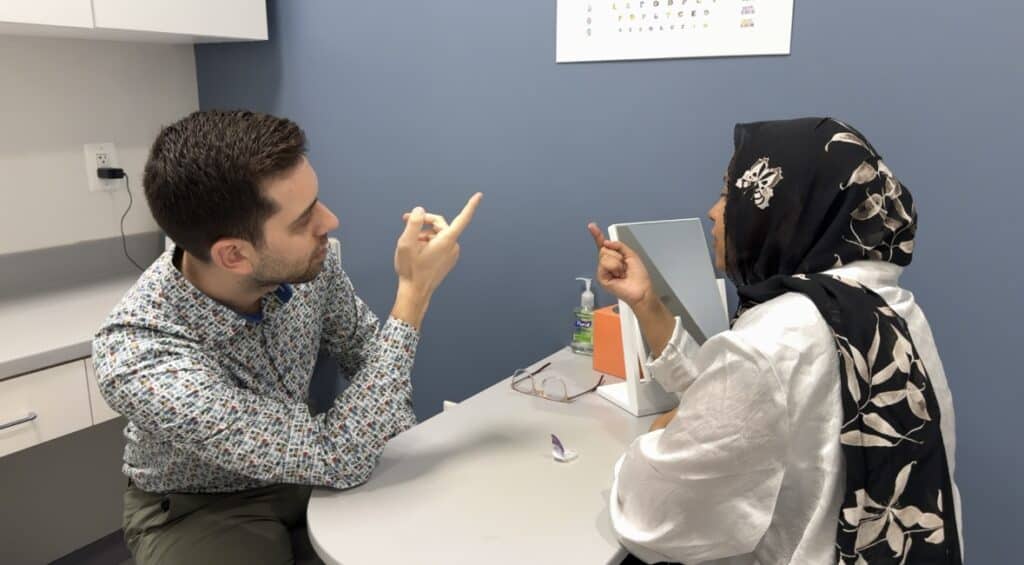
Choosing The Right Myopia Control Treatment For Your Child
The best treatment plan depends on factors like your child’s age, level of myopia, lifestyle, and how comfortable they are with different types of lenses or eye drops. At Beyond Eyecare, we take the time to assess each child’s unique situation, providing personalized recommendations to ensure they receive the most suitable and effective treatment. Whatever the treatment plan, we work closely with families to make sure their child is comfortable, well-informed, and on the path to healthier vision.
Conclusion
Managing myopia effectively is crucial for your child’s long-term eye health and overall quality of life. With innovative treatments like orthokeratology, multifocal lenses, and low-dose atropine, there are more options than ever to help slow myopia progression and protect your child’s vision. At Beyond Eyecare, we are committed to providing personalized care and the latest evidence-based solutions to ensure your child receives the best possible treatment.
Don’t wait for myopia to progress—take action today to safeguard your child’s eyesight for the future. Schedule an appointment and discover how we can work together to manage myopia and support your child’s visual health.
